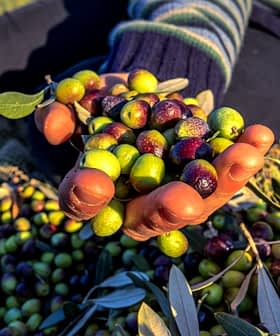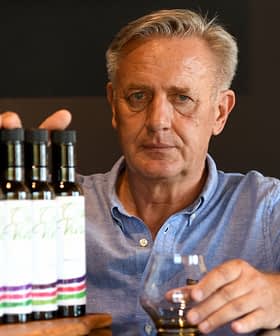“Egypt is going to become a major producer of olive oil in the future,” Khalil Nasrallah, the vice president for business excellence at Wadi Food, told Olive Oil Times. “Right now we are well-known for our table olives, but soon we will be for our olive oil too. That will change.”
The Giza-based company was the first extra virgin olive oil producer in Egypt and, over the past quarter-century, has arguably become the most successful olive oil brand in the country.
We did some research and we saw Egypt was a very low producer and consumer of olive oil. We thought that this could be an opportunity for us, so we planted some oil olive varieties along with our table olive varieties.
“We were the first to put olive oil on the shelves and the first to sell it to restaurants and hotels,” Nasrallah said. “People know us and they know the standards that we work with are trustworthy, so they don’t mind paying a little extra.”
At the 2020 edition of the NYIOOC World Olive Oil Competition, Wadi Food won three Gold Awards. The company is the only Egyptian brand to be awarded at the world’s most prestigious olive oil quality competition.
See Also:Producer ProfilesThis unprecedented success for an Egyptian producer on the international stage was not exactly planned. The company’s interest in producing olive oil only came about as they tried to solve a problem related to their main business: poultry.
“We started producing olive oil in 1994,” Nasrallah said. “We are originally poultry producers, raising baby chickens to sell to poultry farmers.”
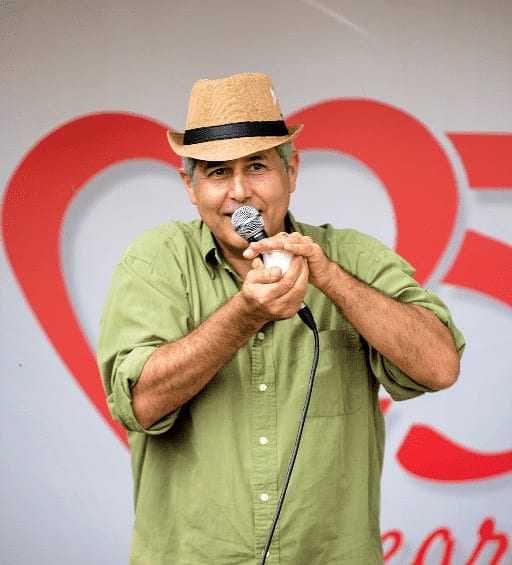
Khalil Nasrallah
However, the only place where it is possible to raise poultry in Egypt is in one of the country’s massive deserts. This is the only part of Egypt where it is possible to buy sufficient land to set up the farms.
“By Egyptian law, you have to plant the area between poultry farms [roughly 2,000 feet] or you cannot own the land, so we looked into different crops that would grow well in the dry terrain and would not attract birds [which spread the disease to the chicks],” he said. “Planting olive trees turned out to be the best choice.”
“At the time, we did some research and we saw Egypt was a very low producer and consumer of olive oil,” Nasrallah added. “The consumption of olive oil was insignificant. We thought that this could be an opportunity for us, so we planted some oil olive varieties along with our table olive varieties.”
By 1994, Egyptian producers were harvesting, at most, 1,000 tons of olive oil each year, according to data from the International Olive Council.
Fast forward 25 years, to 2019, and Egyptian producers harvested 27,500 tons of olive oil, making the North African country the ninth-largest producer in the world. Of that total, Wadi Food was responsible for about 800 tons, more than two percent of the country’s total production.
In spite of the good showing at the 2020 NYIOOC, Nasrallah said that the 2019 harvest was full of obstacles for the company, which produces up to 1,300 tons of olive oil in a good year. These compounded the annual challenges of producing olive oil in Egypt’s expansive Western Desert.
“For some varieties it was an off year, but we had a heat wave in the flowering season and that impacted some varieties more than others,” Nasrallah said. “The olive varieties that set fruit before the heatwave were fine, but the ones that were still blooming were affected.”
Normally, Wadi Food’s 4,200 acres of olive groves have flowered before the hot weather comes to Egypt’s Western Desert, but climate change has made the country’s weather increasingly unpredictable.
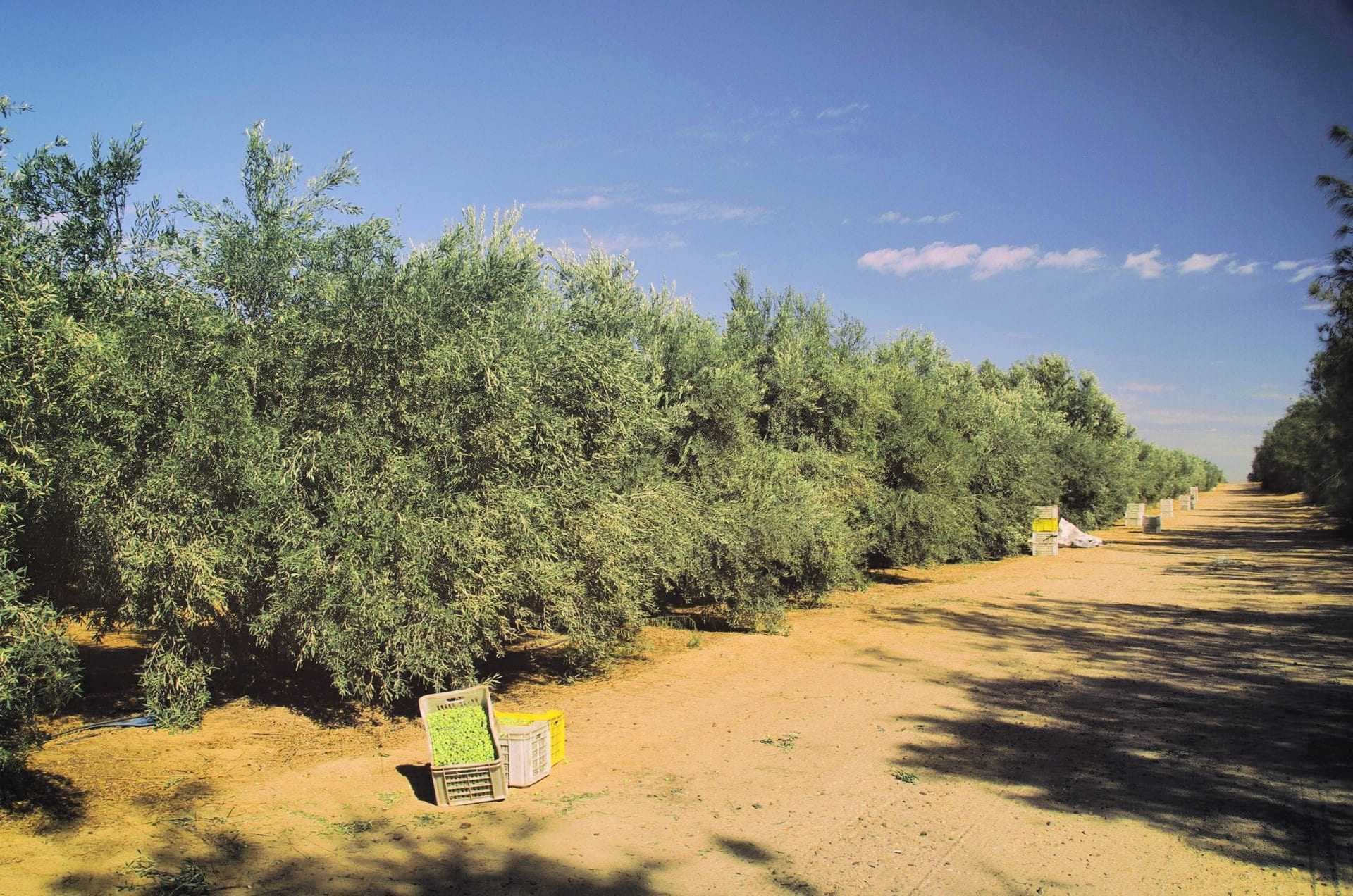
Growing olives in the deserts presents challenges for producers, but endows the resulting oils with unique organoleptic qualities.
In 2019, Egypt experienced a longer and colder winter than normal, which delayed the blooming season. Nasrallah partially attributes this to the difficulties that Wadi Food ran into in April.
“We always want a cold winter since that starts vernalization and flowering,” he said. “However, when the cold winter stays too long then the flowering season is delayed and begins when we already have hot weather.
“If there is a heatwave during the flowering, you can lose a lot of the crop and there is nothing to be done about it,” Nasrallah added. “You can water as much as possible, but if temperatures stay at 40 or 45°C (105 to 115°F) for three of four days, you cannot do much about the flowers.”
Away from the climate, Wadi Food and Egypt’s other olive oil producers, faced various economic issues in 2019 caused both by the country’s ongoing recession and depressed international olive oil prices.
Of the various expenses faced by the company, the three biggest are the cost of irrigation, fertilizers and labor.
“These three costs are affected by the policies that we have in this country,” Nasrallah said. “If irrigation is costing us a little more because electricity is more expensive, then we are paying more for our water and our costs increase rapidly.”
“Since we are in the middle of the desert, the soil is very poor and we have to use fertilizer, either compost or chemical fertilizers,” he added. “The cost of fertilizer is also affected by fuel prices.”
However, the cost of hiring laborers to harvest the olives starting in mid-October had the largest economic impact on Wadi Food in 2019.
“During the harvest period, Egypt was going through a very difficult financial crisis – we still are – which caused a cash problem,” Nasrallah said. “We could not pay our laborers regularly, so we could not have as many people harvest at the right time as we would’ve liked to.”
“Eventually we did harvest everything, but when the quantities were at the best time to harvest and the quality was at the best point, it was difficult for us to manage,” he added.
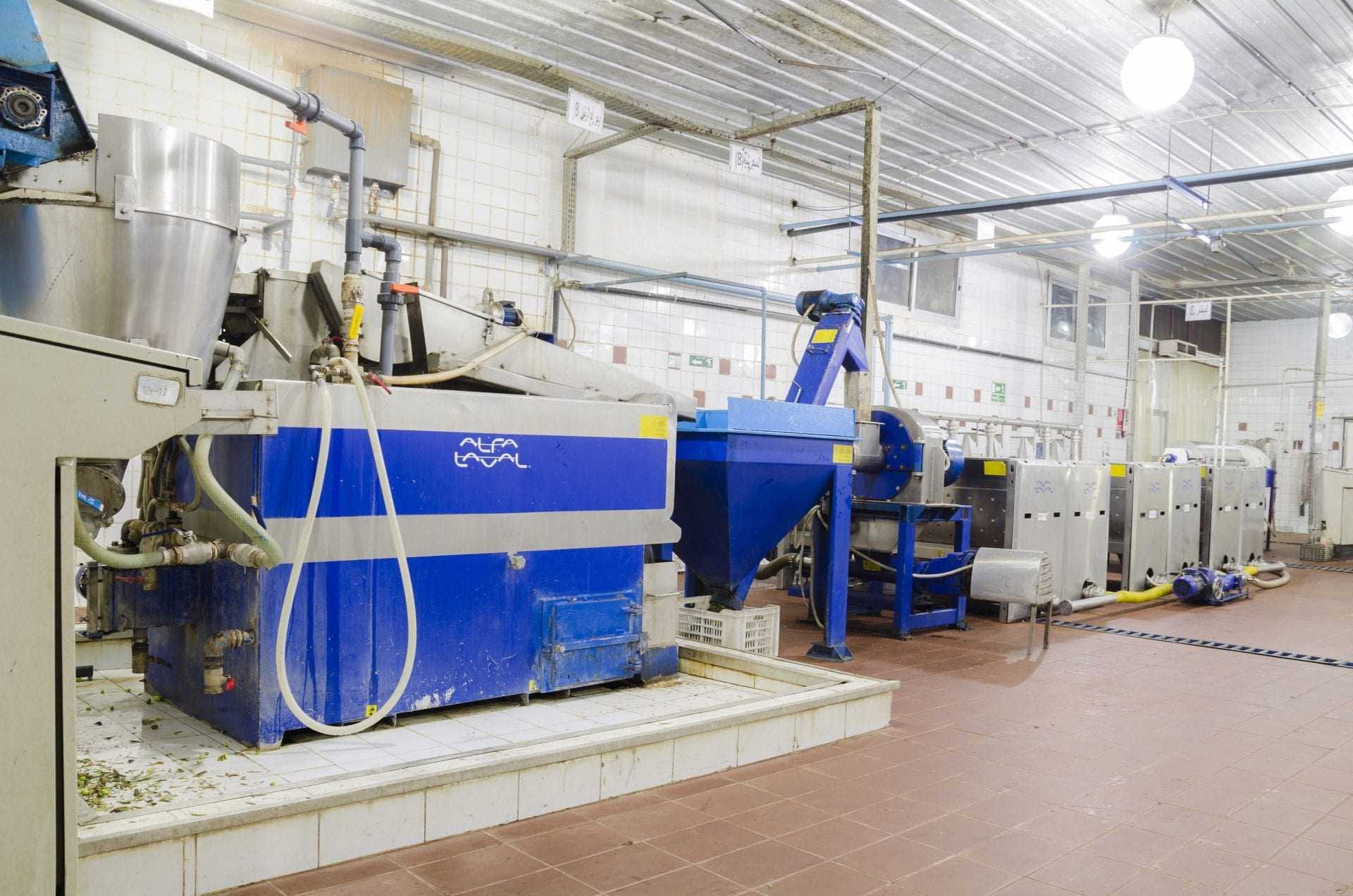
Controlling every step of the production process helped Wadi Food win three Gold Awards at the 2020 NYIOOC.
Low olive oil prices also led Nasrallah and Wadi Food to divert a larger portion of their crop to table olive production, as the price for table olives was far higher.
Despite these significant challenges, the quality of Wadi Food’s extra virgin olive oils was as high as ever, something that Nasrallah attributes to the ever-increasing cohesion of the team as well as the company’s complete control of the production process.
“We have full control of the value chain, so we are planting, treating, harvesting, processing, storing and mixing, doing everything it takes to make good olive oil,” Nasrallah said. “Since we are in control of the whole value chain, we are able to get the best fruits, process them properly, keep the temperatures in check and make sure everything is done in the best possible way to get the best quality olive oil.”
“As a team, we are becoming quite capable of understanding what is needed to produce high-quality olive oil,” he added. “On top of that, once we have the oils ready, we have a committee that knows what good olive oil tastes like and what oils should be sent to the competition. I think we have become quite a good team working together.”
While Nasrallah does not think these awards will have much impact on the brand’s performance in the domestic market, he said that they may serve as inspiration for other Egyptian producers and bring more recognition to the country’s olive oil sector.
“I am sure other competitors see these wins and plan on entering the competitions soon,” Nasrallah said. “There are certainly other producers here that can win awards as well.”



